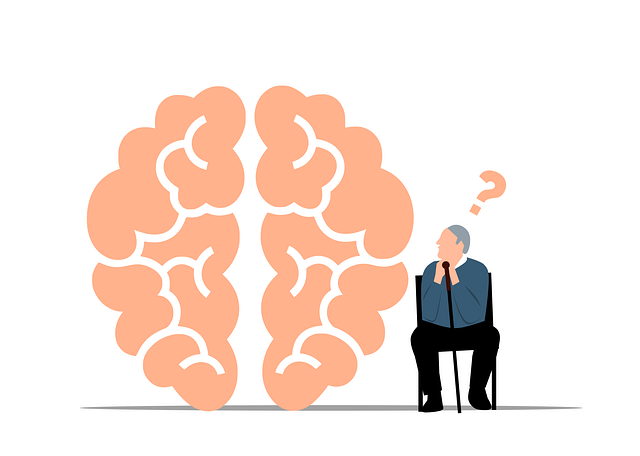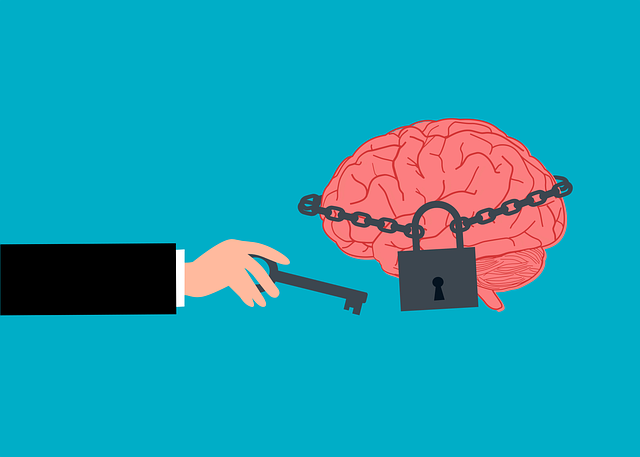Crisis Intervention Teams (CITs) are specialized groups trained in de-escalation techniques, Mind Over Matter principles, cultural competency, and psychological testing to support young adults during mental health crises. Their comprehensive training includes mindfulness, conflict resolution, and communication strategies, empowering them to provide vital support, positively influence mental health outcomes, and tailor effective therapy for young adults facing psychological challenges.
In today’s challenging landscape, crisis intervention team (CIT) training programs are becoming increasingly vital for supporting young adults’ mental health. This article delves into the critical role of CITs as a resource for this vulnerable demographic. We explore the importance of psychological testing in refining team skills and enhancing crisis management capabilities. Furthermore, we discuss effective strategies and skills tailored to address the unique needs of young adults, focusing on therapy-driven approaches that promote their well-being.
- Understanding Crisis Intervention Teams: A Vital Resource for Young Adults
- The Role of Psychological Testing in Crisis Team Training
- Effective Strategies and Skills for Supporting Young Adult Mental Health
Understanding Crisis Intervention Teams: A Vital Resource for Young Adults

Crisis Intervention Teams (CITs) play a pivotal role in supporting young adults facing mental health crises. These specialized teams, often composed of healthcare providers, first responders, and community leaders, are trained to offer immediate assistance and de-escalation techniques. By integrating Mind Over Matter principles, CIT members foster an environment of safety and understanding, which is crucial for effective therapy for young adults.
Beyond direct crisis support, CIT training programs emphasize cultural competency training, ensuring that interventions are sensitive to diverse backgrounds and experiences. This inclusive approach is vital, as public awareness campaigns development highlights the importance of reaching a wide range of communities. Through comprehensive training, CIT members gain the skills needed to navigate complex situations, providing young adults with the support they need during critical moments, ultimately contributing to better mental health outcomes.
The Role of Psychological Testing in Crisis Team Training

Psychological testing plays a pivotal role in crisis intervention team training by providing valuable insights into an individual’s mental wellness and emotional responses during high-stress situations. These assessments go beyond basic personality profiles, focusing on self-awareness exercises tailored to help team members understand their triggers and coping mechanisms. By evaluating factors like resilience, stress management skills, and emotional intelligence, psychological testing equips crisis teams with crucial tools for effective intervention.
Incorporating mental health assessments into training programs allows for a comprehensive risk assessment for mental health professionals. This ensures that team members are equipped to recognize potential risks and implement appropriate strategies to de-escalate crises. Through targeted interventions and self-reflection, crisis intervention teams can enhance their overall effectiveness in supporting young adults navigating therapy for psychological challenges, ultimately fostering better outcomes.
Effective Strategies and Skills for Supporting Young Adult Mental Health

Crisis intervention team training programs play a pivotal role in equipping professionals to support young adult mental health effectively. In addition to traditional therapy for young adults and psychological testing, these programs foster essential skills like mindfulness meditation, conflict resolution techniques, and communication strategies. By integrating these strategies into their repertoire, crisis responders can create safer, more supportive environments for vulnerable individuals facing emotional crises.
Mindfulness meditation helps professionals cultivate present-moment awareness, enabling them to respond calmly and empathetically during high-stress situations. Conflict resolution techniques are crucial for de-escalating tensions and facilitating productive conversations, while communication strategies ensure that support is delivered clearly and compassionately. These combined tools equip crisis intervention teams to navigate complex mental health scenarios with professionalism and care.
Crisis intervention team training programs play a pivotal role in equipping professionals with the necessary tools to support young adult mental health. By integrating psychological testing and implementing effective strategies, these programs ensure that teams are well-prepared to navigate crises and provide vital resources to those facing challenges. This holistic approach not only enhances the quality of care but also fosters a more resilient and supportive environment for young adults seeking therapy.













